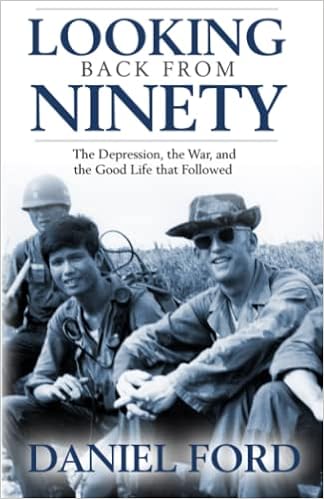Shirley Temple in Siberia
I am writing about the odyssey of a Polish girl through Russia, the Middle East, and England during the 1940s. One of her childhood memories is of going to the movies in Lwow and seeing Shirley Temple eat spaghetti. (That would have been Poor Little Rich Girl
Presumably because of that adventure, she acquired a Shirley Temple doll, and when the NKVD put her on a cattle car to Siberia, of course she took the doll with her. Almost certainly this is the doll--well, not the very same doll, but a sibling. It was manufactured in Poland in the 1930s, and it has blonde hair rather than the brown hair of the original (and of all American Shirley Temple dolls). When I sent her a photo of a typical doll, she that she remembered hers as having lighter hair ("and more bedraggled, naturally"). Gosh, I love discoveries like this! Blue skies! -- Dan Ford
Labels: Poland, work in progress











